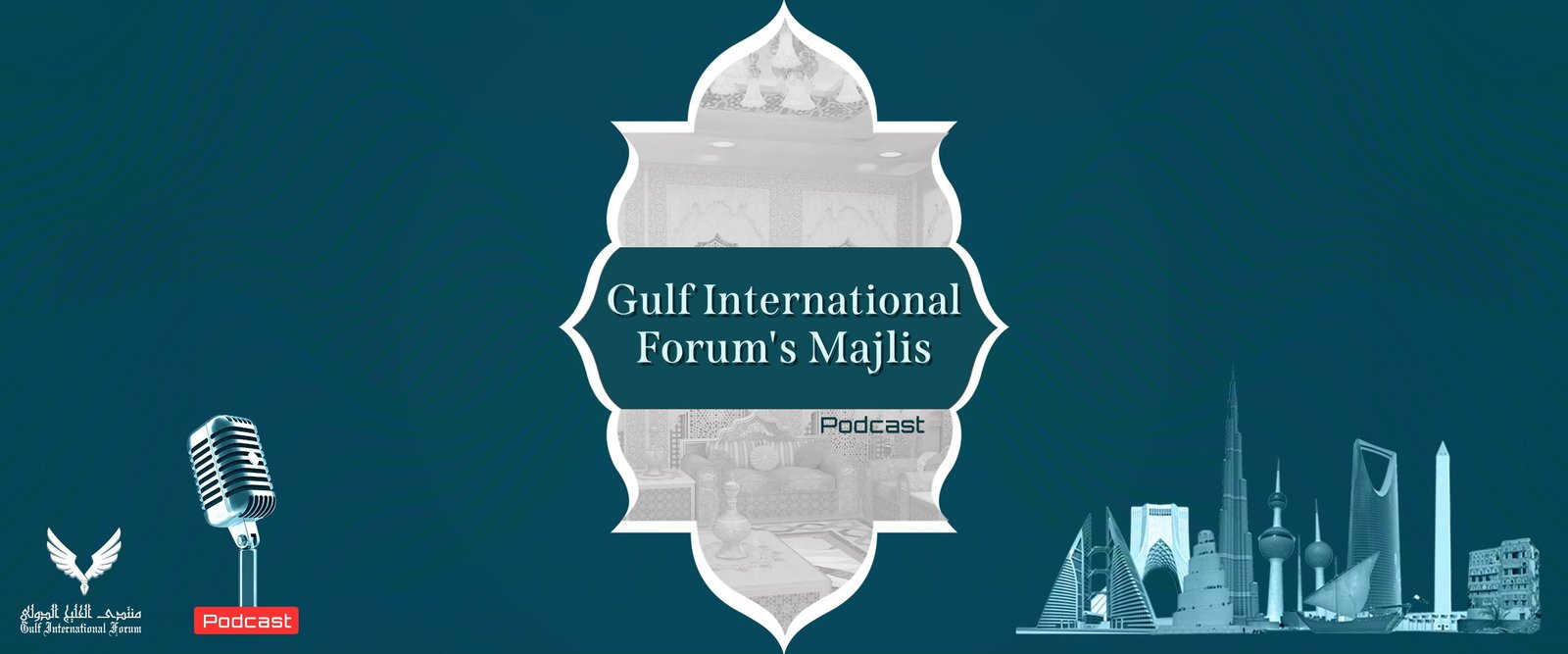Featured Speakers: Ambassador Patrick Theros, Holly Dagres, Dr. Abdolrasool Divsallar, and Dr. Hamidreza Azizi.
Event Synopsis
On May 19th, a tragic helicopter crash near the Azerbaijan border resulted in the deaths of Iranian President Ebrahim Raisi, Foreign Minister Hossein Amirabdollahian, and several other officials. In response to this devastating event, Supreme Leader Ayatollah Ali Khamenei announced that First Vice President Mohammad Mokhber would assume the role of interim president. According to Iran’s constitution, a new presidential election must be held within 50 days, with candidates subject to vetting by the Guardian Council—a stringent body known for disqualifying even prominent conservative and moderate figures. This suggests that significant shifts in Iranian policy are unlikely.
This incident occurs amid increasing domestic unrest and international pressures. Iran is currently facing numerous political, social, and economic crises, alongside global scrutiny over its contentious nuclear program and its deepening military cooperation with Russia in the ongoing conflict in Ukraine. Since taking office, Raisi had enforced stricter laws, led a severe crackdown on anti-government protests, and adopted a hardline stance in nuclear negotiations with global powers. Furthermore, the long-standing covert conflict between Iran and Israel has recently escalated into open exchanges of drone and missile fire, underscoring the region’s volatility.
Among moderates, conservatives, and hardliners, who are the most likely candidates to succeed Raisi, and what factors will influence their chances? With Raisi being a potential successor to Supreme Leader Khamenei, how does his death alter the dynamics of the supreme leader’s succession? Should we anticipate any changes in Iran’s foreign relations, particularly with the West and in its support for Russia in the Ukraine conflict? Given that the presidential election will occur only weeks after the parliamentary elections, what impact might this have on Iran’s societal dynamics, especially among the youth and women who protested Raisi’s policies two years ago? What are the potential implications for Iran’s internal stability in light of the upcoming presidential election?
